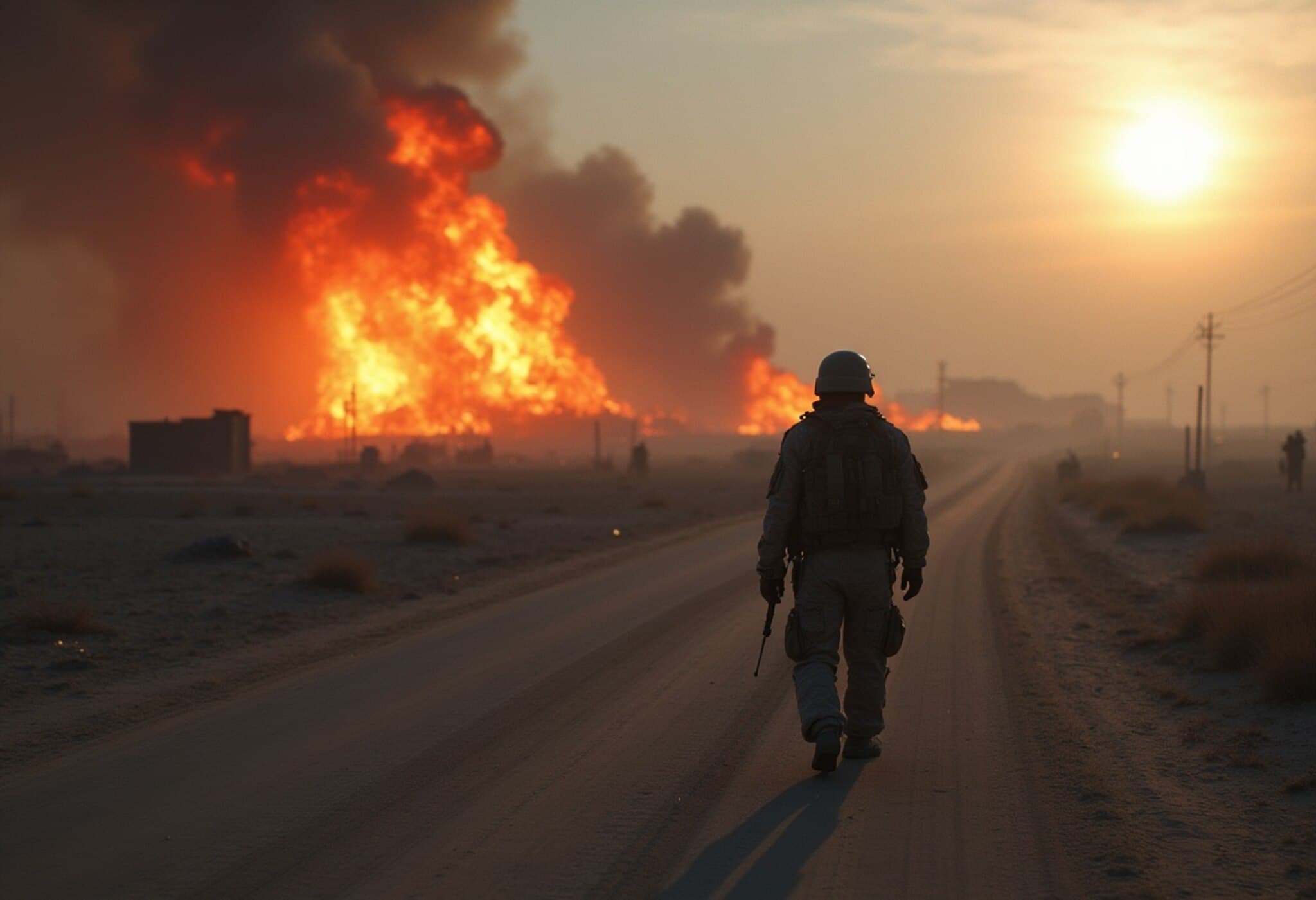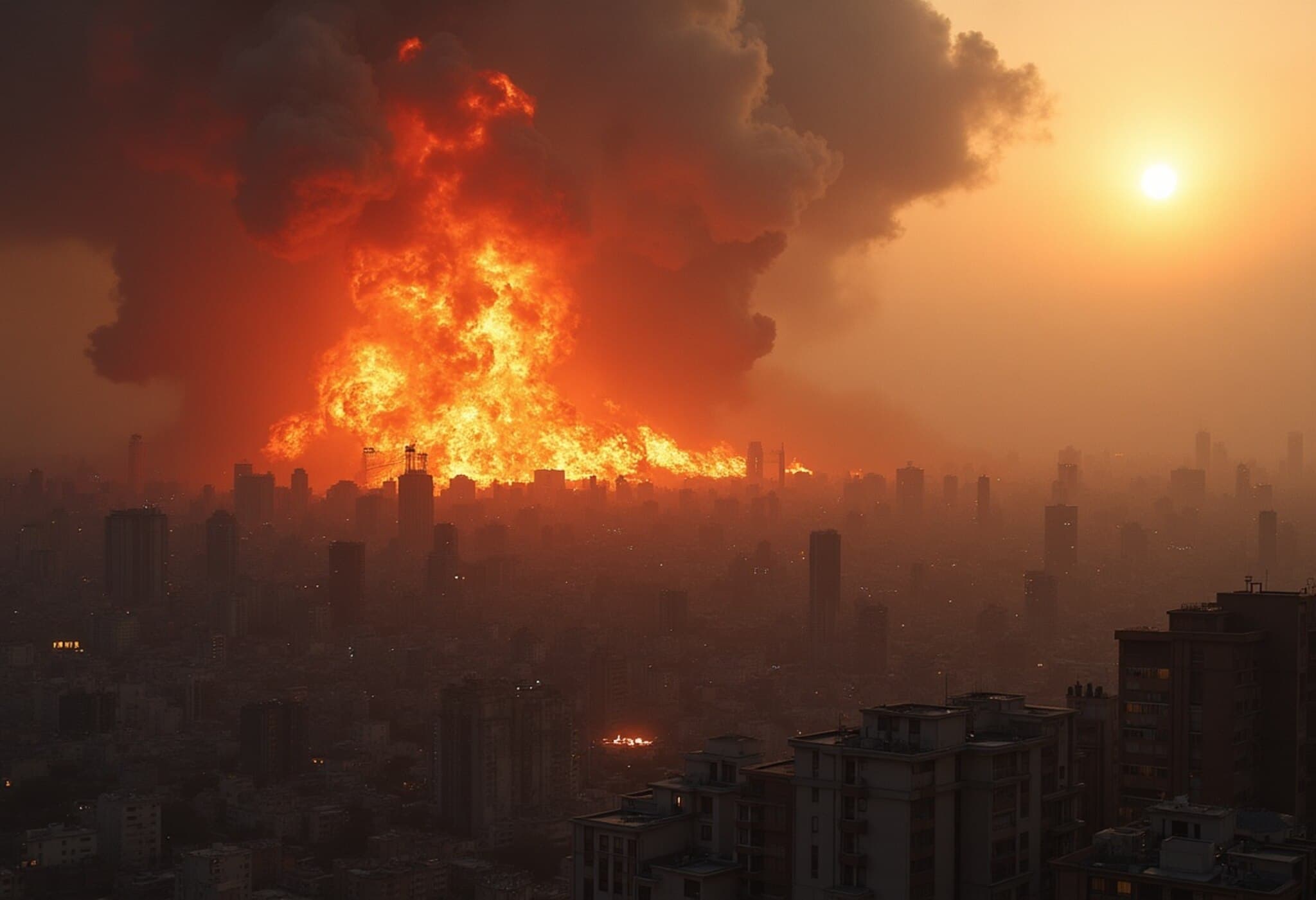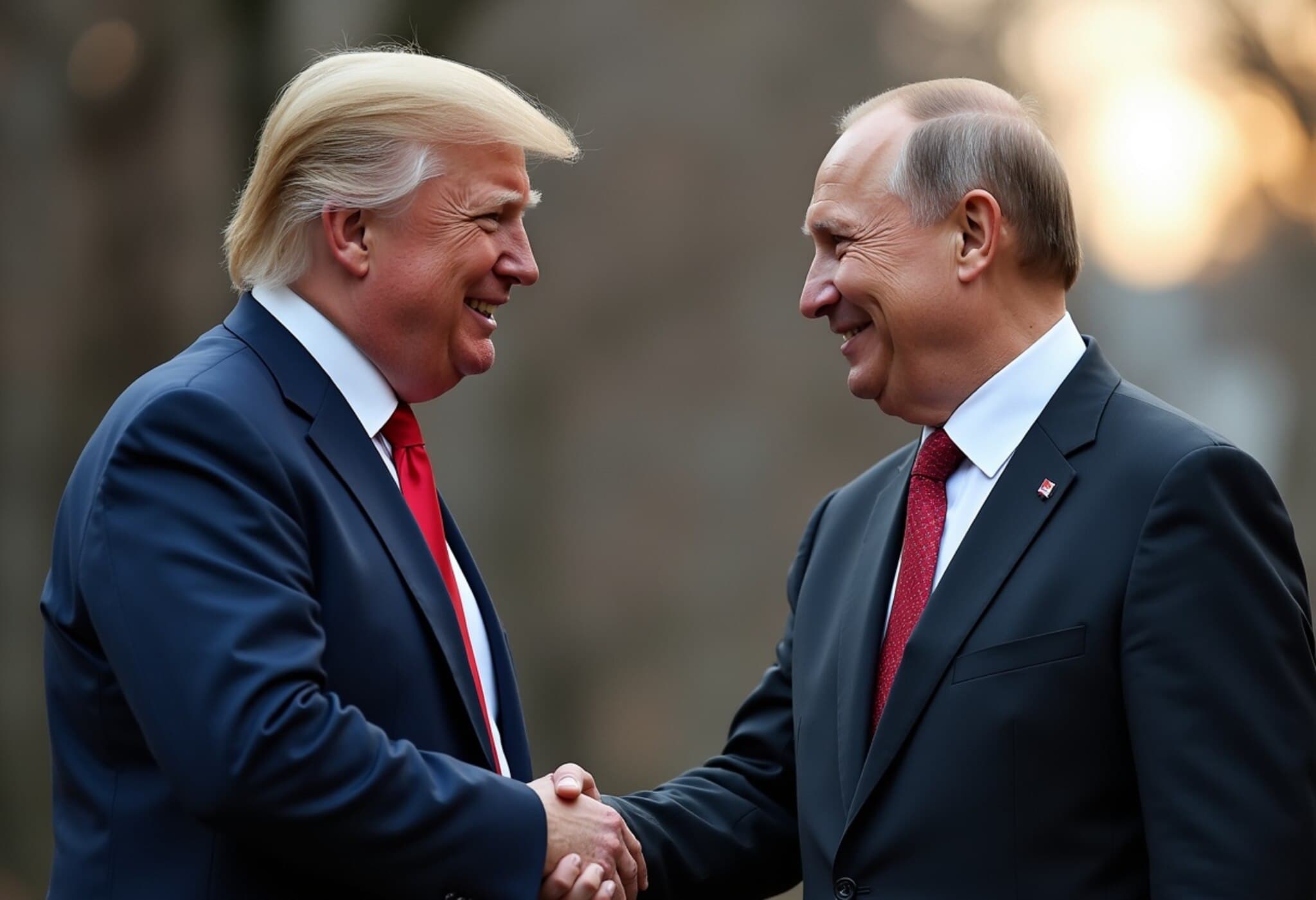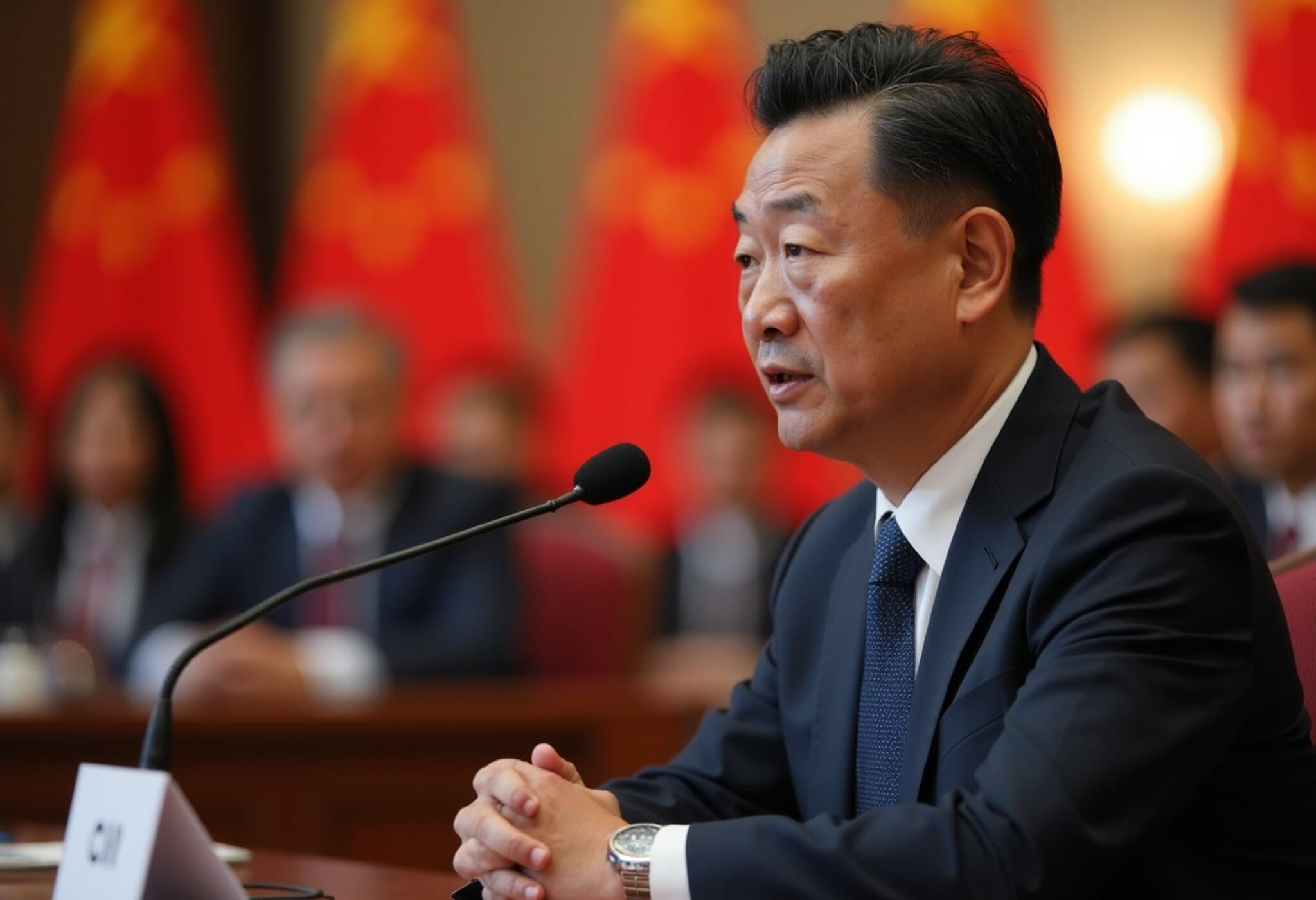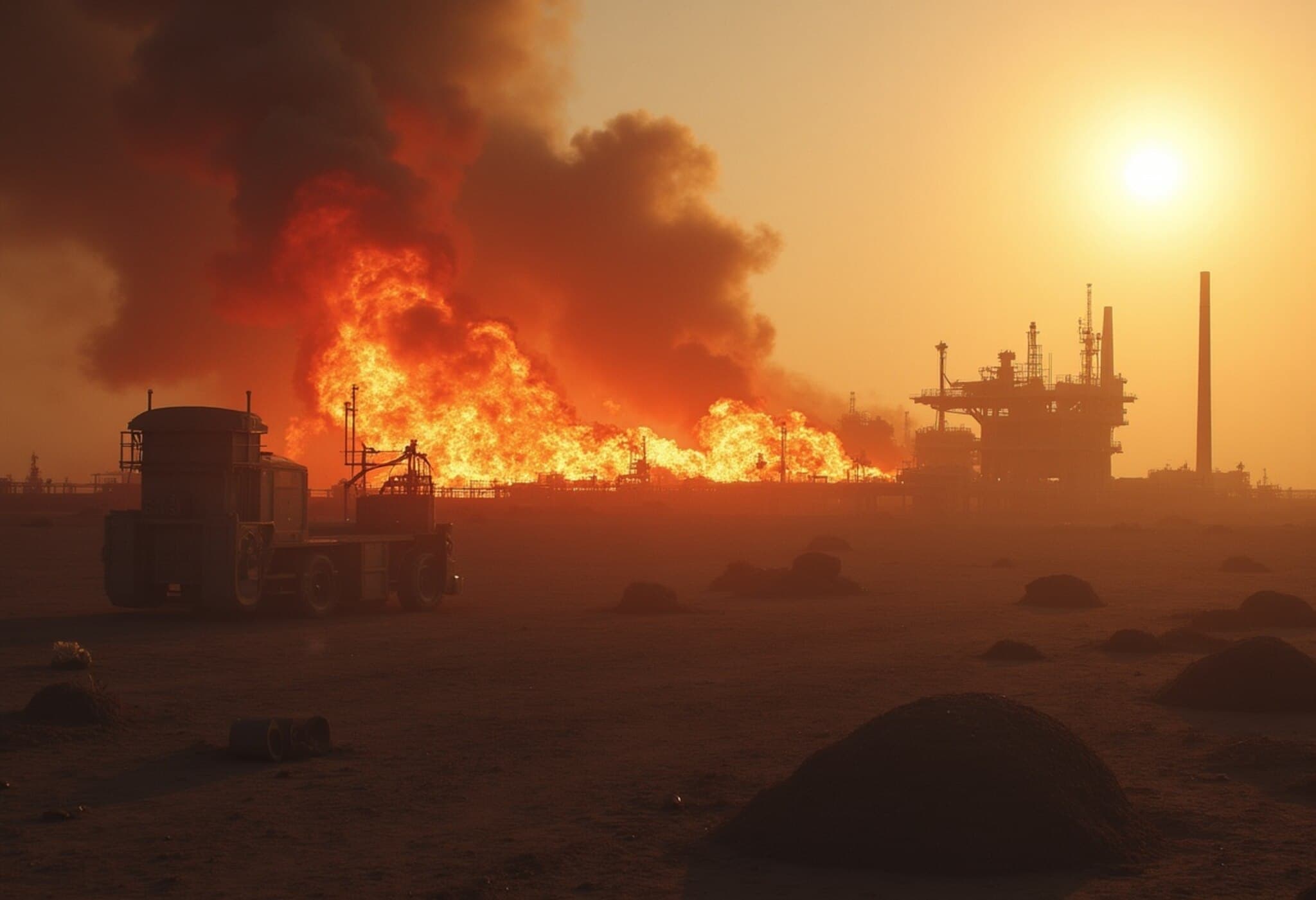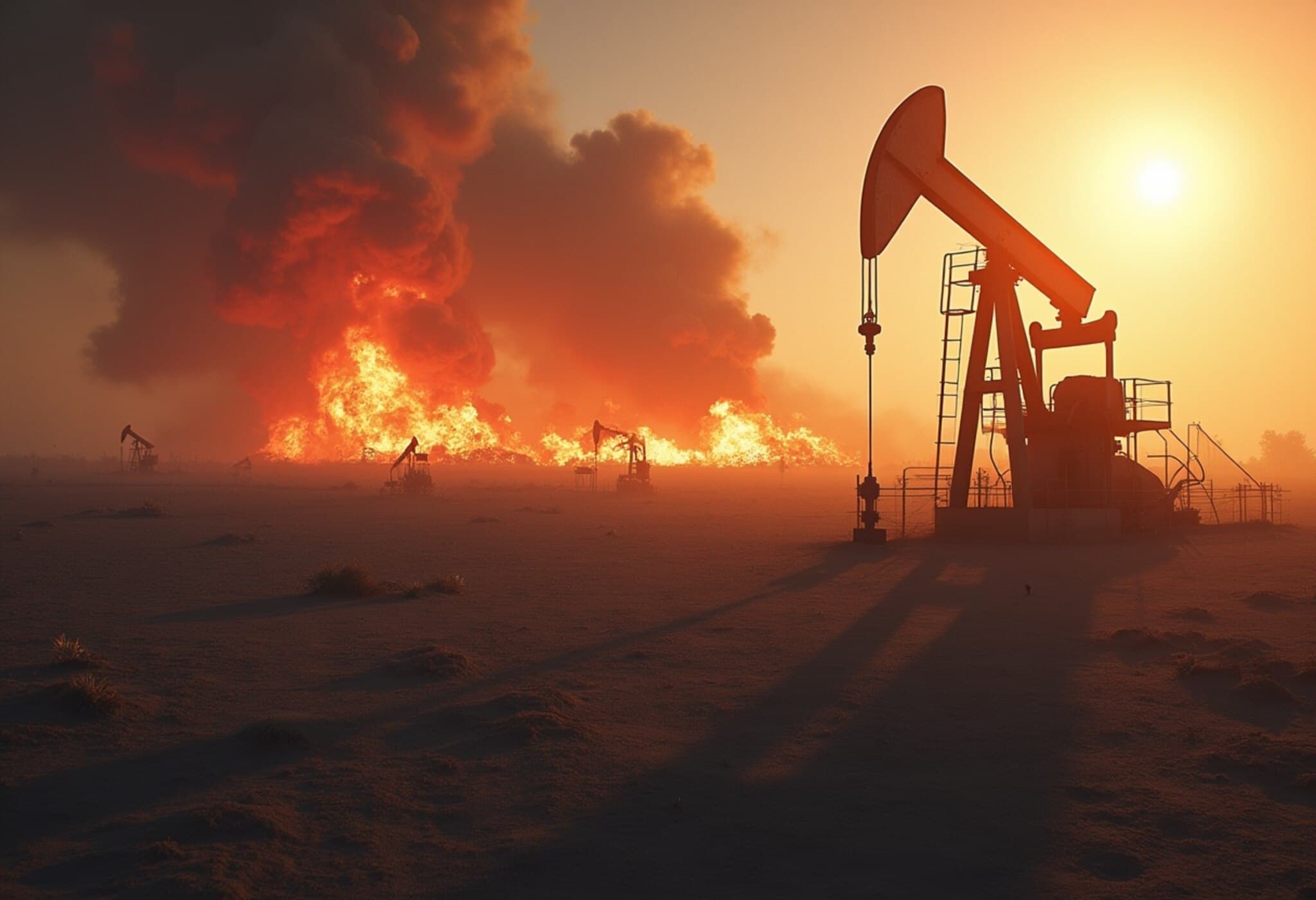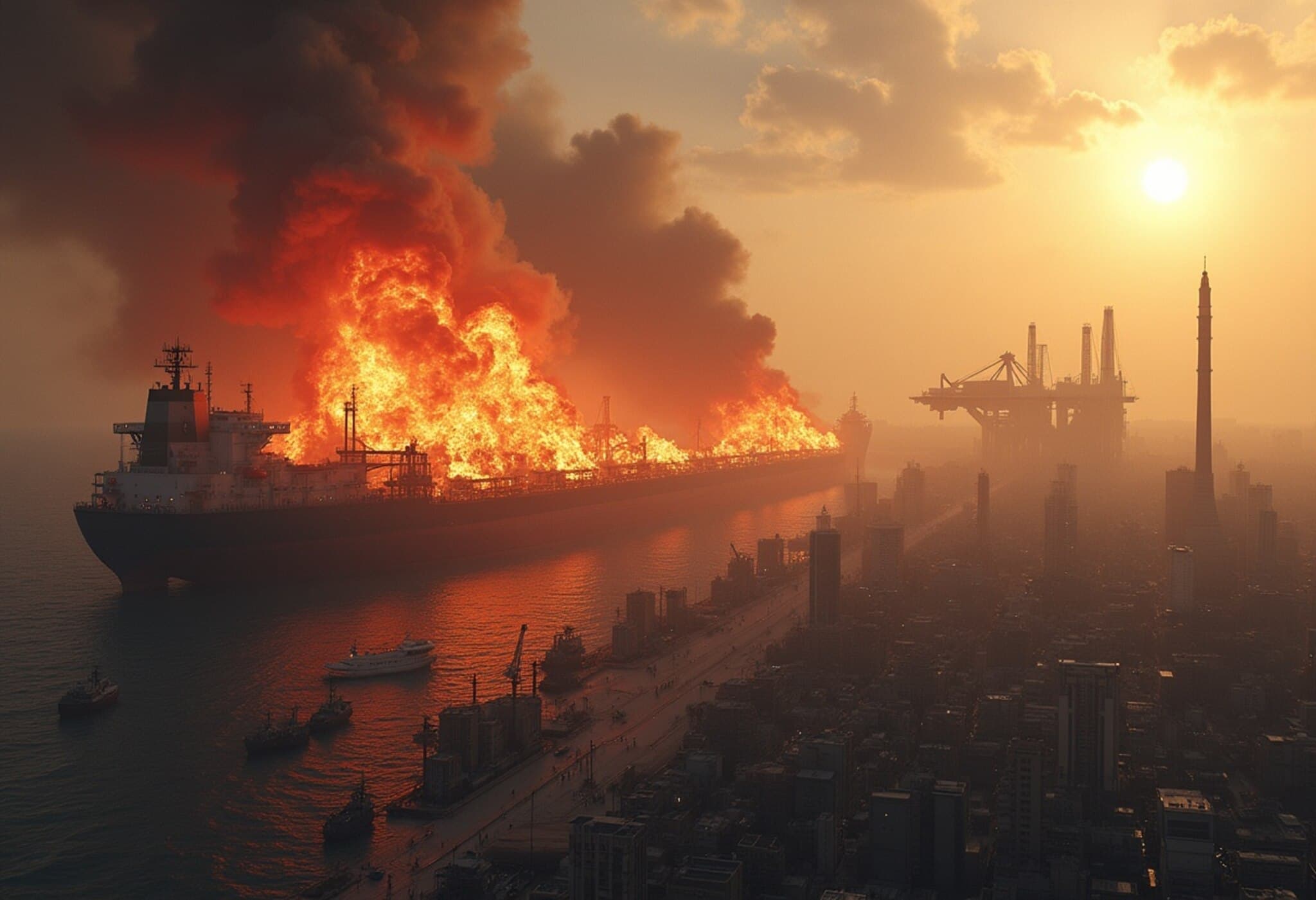Israel-Iran Clashes Send Shockwaves Through Markets
On Sunday, Israel launched multiple airstrikes targeting locations across Iran, marking the third consecutive day of escalating conflict between the two nations. This fresh wave of hostilities has sent ripples through global financial markets, triggering uncertainty and shifts in investor behavior.
Mixed Signals in U.S. Futures Amid Heightened Tensions
As of Sunday night, U.S. futures displayed mixed performance reflecting cautious investor sentiment. The previous Friday, concerns over a potential broader Middle East conflict had already pushed stocks downward. Investors sought refuge in safe-haven assets, notably the U.S. dollar and gold, signaling a flight to stability amidst geopolitical turbulence.
Safe-Haven Assets Gain Momentum
Gold prices climbed steadily, a common sanctuary during times of geopolitical unrest, underscoring investors’ desire to shield their portfolios from inflation and external shocks. Meanwhile, the U.S. dollar strengthened further, even outpacing other traditional safe currencies like the Swiss franc and Japanese yen, reinforcing its dominant position as a global reserve currency.
Oil Prices Spike on Supply Disruption Fears
Crude oil prices surged sharply as markets feared potential disruptions to Iran’s oil production, which stood at 3.3 million barrels per day in April. The Brent benchmark rose over 2.2%, edging above $75 a barrel, revisiting levels from three months prior after a recent price lull.
Global Stock Markets Dip Amid Regional Uncertainty
Stock indices around the world retreated as investors grappled with the unfolding conflict. The S&P 500 fell over 1%, Europe’s major indices declined notably, and shares of travel and airline companies took a hit due to growing concerns over disrupted international travel tied to the Middle East instability.
Despite these pressures, U.S. equities have shown relative resilience compared to previous geopolitical crises. Market observers caution, however, that the situation remains fluid and volatility may intensify as the conflict progresses.
Key Developments to Watch
- Israel’s Airstrikes: Initiated on Friday, sparking Iranian retaliation with drone attacks on Israeli territory.
- Market Reactions: Sharp moves into gold, the dollar, and oil, with cautious pullbacks in risk assets globally.
- Potential Escalations: Analysts warn these hostilities are likely just the beginning, calling for vigilance in coming weeks.
Looking Ahead: Navigating an Uncertain Financial Landscape
While volatility looms large, investors are urged to maintain a balanced perspective amid the unrest. Market fundamentals and upcoming economic data—including key central bank meetings this week—will play a crucial role in shaping near-term outcomes.
Aviation Industry Update: Tragedy and Turning Points
In other news, the aviation sector faces a somber moment as the first fatal accident involving a recent commercial aircraft marked a tragic milestone. This incident disrupted planned activities of major industry leaders, including the CEO of a leading manufacturer who canceled attendance at the upcoming Paris Air Show.
Despite this setback, the company has demonstrated promising progress this year, notably improving deliveries and maintaining competitive momentum against key rivals. Still, the tragedy casts a shadow, emphasizing the ongoing challenges facing aviation safety and industry confidence.



